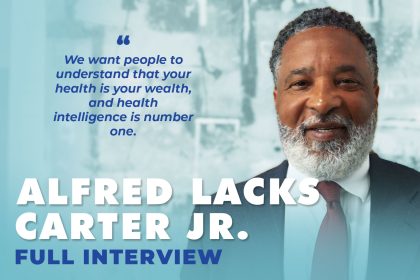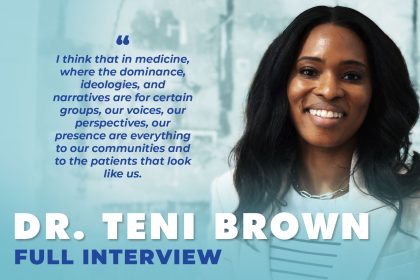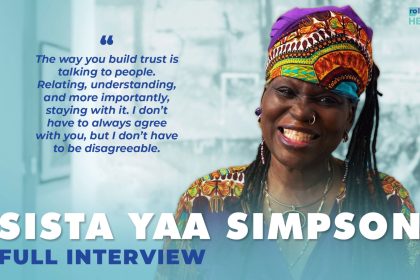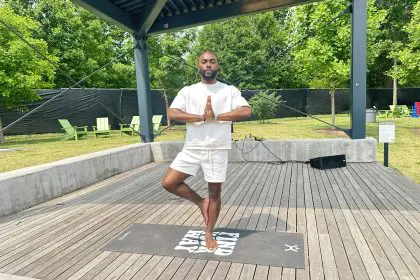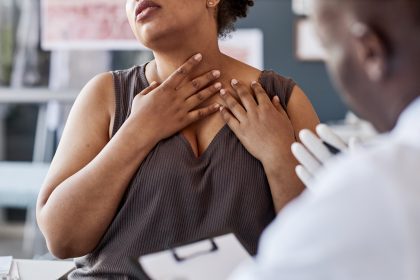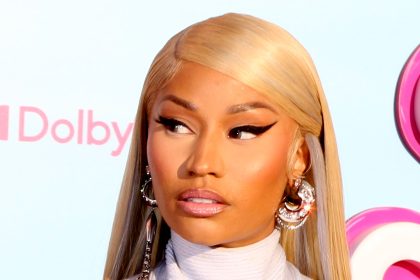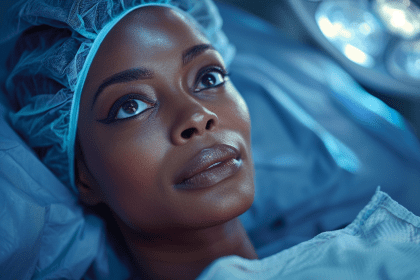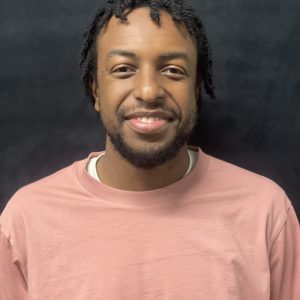SkinCheck was co-founded by Julian Abhari and Daniel Marques. The duo came together to help those affected by skin cancer.
At the Black Venture Summit, the founders spoke to rolling out about the business.
What has the Black Venture Summit been like for you?
Daniel Marques: The Black Venture Summit entrepreneurship showcase was an incredible opportunity for us to tell investors a little bit about what we’re building at SkinCheck and to show a lot of the progress that we’ve made with the support of the programs of Built in Tulsa and the other local partners here in Tulsa.
Why should you build a business that you’re also passionate about?
Julian Abhari: My passion for SkinCheck started when I was growing up.
My mom battled multiple cases of skin cancer, and it was a problem I was obsessed with and passionate about trying to solve. So, together with my technical expertise and Danny’s brilliant business experience, we formed this company.
The thing about SkinCheck is we’re constantly getting testimonials from real people who have been able to find skin cancer and detect it early and possibly even have saved their lives.
That’s always the fuel and motivation we need to keep going forward.
How do you separate your feelings from making the best business decision since this company is so personal?
Julian Abhari: That’s a great question, and honestly, that’s where our partnership thrives. Starting the prototypes of SkinCheck, I had no idea what the health care landscape looked like. I just knew this was a problem that needed to be solved, and I had an idea of what that solution looked like.
But going forward, we needed to connect with top advisors and people who could guide us through the process and navigate the industry. There will be plenty of times we’ll have to grow, reshape ourselves and realize that there’s so much more nuance to the problem than we last understood. It’s there where our partnership thrives, as Danny and I constantly have amazing strategic planning sessions where we’re just thinking about all the ways we can innovate with the tools we have at our disposal.
How have you found funding so far?
Daniel Marques: Up to this point, we have raised $230K; $7K came through ACT House, a partner program from Building Tulsa, which was one of our initial funding sources, and it was a very critical time for our company. Those funds were extremely helpful.
Outside of that, we’ve been able to raise [funds] from incredible investors here from the regional Hurricane Ventures fund; the institutional investor of the University of Tulsa has been an incredible investor for us up to this point.
We’re excited to be opening another funding round this upcoming month and are looking for strategic partners who can advance the business forward and be a part of making incredible returns with the growth we’ll be able to execute on, and also make a huge impact.
What are some challenges you’ve faced running the company?
Julian Abhari: One thing that was a huge challenge for us, and a challenge in machine learning and AI in general, is the fact that there is so much racial bias. Machine learning and AI algorithms are often racially biased, and [that] couldn’t be more prevalent in the field of skin cancer.
This was an incredible challenge we had to overcome.
So, I applied for a grant from the National Science Foundation. I talked with a couple of experts in the field of machine learning and dove into research. I found a strategic path to innovate, and we created the world’s first visual AI skin cancer detector to work for all skin tones. We’ve overcome racial bias, and because of that, it’s helped us become unique.

